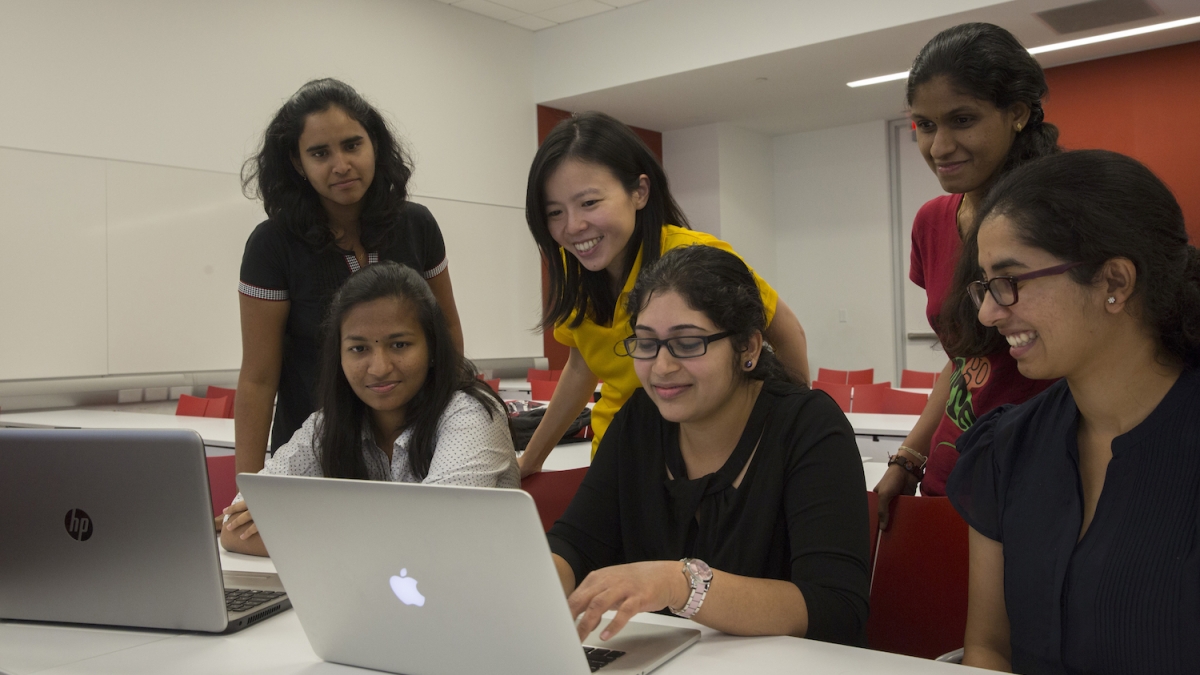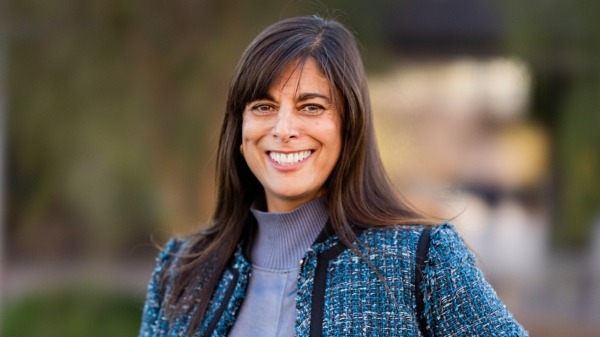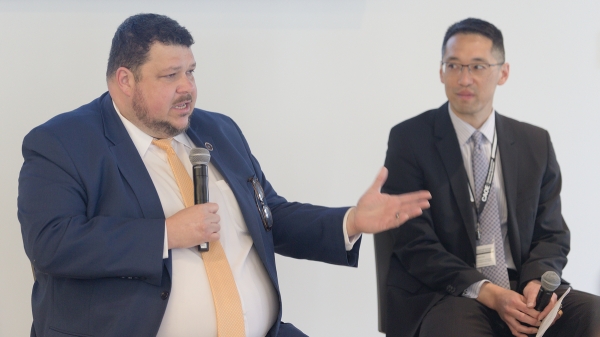User satisfaction: Making smartphones smarter, cooler
ASU engineering researcher focuses on optimizing performance in devices that don't get too hot

As consumers, we're always looking for better performance and better battery life in our smartphones, and we won’t take one without the other. We also want all this high-capacity performance in a device that doesn’t get too hot.
We like our sleek designs and intuitive operating systems, but for billions of smartphone users, performance is the biggest contributor of user satisfaction — a framework for predicting the nature of mobile workload performance for use in energy optimization research that hasn’t been considered before.
“Optimizing in the context of smartphone user satisfaction gives rise to a set of opportunities that are non-existent in conventional computing platforms,” said Carole-Jean Wu, an assistant professor of computer science and engineering in Arizona State University’s Ira A. Fulton Schools of Engineering.
Wu is using user satisfaction and users’ low heat tolerance due to processor location temperature and smartphone skin temperature as a jumping-off point for a $450,000, five-year National Science Foundation CAREER Award project to better optimize mobile computing performance.
Measuring the performance quality through the lens of perceived application execution time gives rise to significantly more freedom in managing resources in smartphones, Wu said, which means her team can explore solutions previously thought unusable to optimize performance.
“This unique requirement [of skin temperature], compounded with the form factor constraints, necessitates new cooling technologies that need to be considered in the control system for co-optimization,” said Wu, a faculty member in the School of Computing, Informatics, and Decision Systems Engineering, one of the six Fulton Schools.
Another consideration desktop and server performance optimization doesn’t usually take into account is the particular usage patterns common only to smartphones.
“One critical detail that is overlooked by existing work is the significant performance variation of mobile workloads that directly affects user satisfaction,” Wu said. “The unique bursty usage patterns on smartphones enables the use of advanced cooling solutions that otherwise would be impractical for desktop and server processors.”
She and her team are finding new methods to concurrently manage computation power, temperature profiles and runtime behavior for a better overall experience.
“Solving these problems requires a holistic approach taken by our proposed research activities and would result in a new set of solutions that will shed light on the design for a wide range of computing devices,” Wu said.
Wu’s research project was chosen by the NSF due to its timely, ambitious and innovative ideas to address rising issues in handheld systems with new technologies. She has also already demonstrated promising preliminary results.
She credits ASU and the Fulton Schools’ “rich environment that fosters interdisciplinary research,” encouragement of research collaboration with industry partners and its resources dedicated to early-career faculty members to her early success.
“I’ve benefited significantly from the resources and support from the Fulton Schools to establish a solid foundation for designing the system and processor architectures to deliver high performance with high energy efficiency,” Wu said.
Top photo: Assistant Professor Carole-Jean Wu (in gold) is exploring a new approach to performance optimization based on the unique usage and user satisfaction attributes of smartphones in a five-year National Science Foundation CAREER Award research project. Photo by: Pete Zrioka/ASU
More Science and technology

The science behind chronic stress
Stress comes in many shapes and sizes. There’s the everyday stress of preparing for a final exam or being stuck in traffic. And the more significant stress of losing a friend, family member,…

ASU planetary scientist to be inducted into the National Academy of Sciences
The National Academy of Sciences is inducting School of Earth and Space Exploration Director Meenakshi Wadhwa into the 2023 class of new members for her pioneering work in planetary sciences and…

Unlocking the potential of AI for homeland security
“Can we do what we're doing now cheaper, more efficiently, more effectively?” Adam Cox, director in the Office of Strategy and Policy at the Department of Homeland Security Science and Technology…